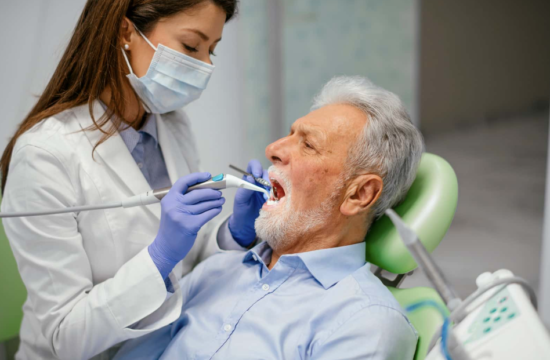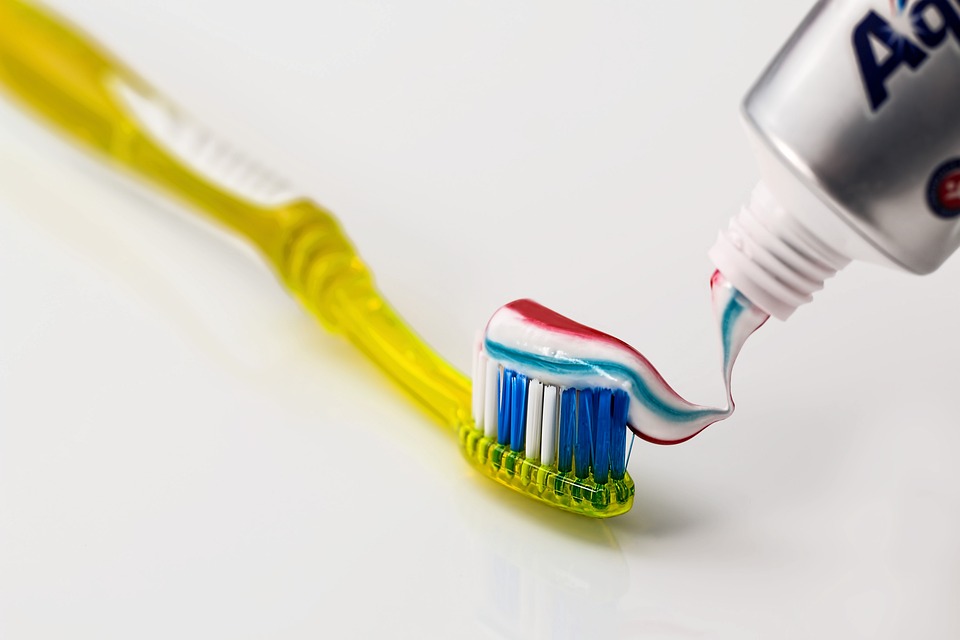Dealing with Dental Emergencies: What to Do When Tooth Trouble Strikes
Introduction
When it comes to dental emergencies, being prepared and knowing what to do can make a significant difference in preserving your oral health. Whether it’s a sudden toothache, a broken tooth, or any other dental issue that requires immediate attention, knowing the right steps to take can help alleviate pain and prevent further damage. In this article, we will discuss common dental emergencies and provide you with a comprehensive guide on how to deal with them effectively.
Common Dental Emergencies
Dental emergencies can happen at any time, often catching us off guard. Here are some of the most common dental emergencies people experience:
- Toothache: A toothache can be caused by various factors, such as tooth decay, gum infection, or a dental abscess. The pain can range from mild to severe and may be accompanied by swelling or sensitivity to hot or cold temperatures.
- Chipped or Broken Tooth: Accidents or injuries can lead to chipped or broken teeth. This can cause pain, discomfort, and potential damage to the inner structures of the tooth.
- Knocked-Out Tooth: Having a tooth knocked out is a dental emergency that requires immediate attention. If handled correctly and promptly, there is a chance the tooth can be saved.
- Loose Tooth: A loose tooth in adulthood is not a normal occurrence and should be treated as an emergency. It can be a sign of gum disease, trauma, or other underlying oral health issues.
- Lost Filling or Crown: If a filling or dental crown falls out, it exposes the underlying tooth to potential damage and sensitivity. Seeking immediate dental care is crucial to prevent further complications.
What to Do in a Dental Emergency
During a dental emergency, staying calm and taking the right steps can help mitigate the situation until you can see a dental professional. Here are some guidelines to follow:
- Assess the Situation: Carefully evaluate the extent of the dental emergency. Identify any visible damage, swelling, bleeding, or pain to determine the severity of the situation.
- Contact a Dentist: Reach out to your dentist as soon as possible to explain the situation and schedule an emergency appointment. If it’s after hours, find an emergency dental clinic near you.
- Manage Pain: Over-the-counter pain relievers can help alleviate dental pain temporarily. Avoid placing aspirin directly on the affected area, as it can cause tissue damage.
- Control Bleeding and Swelling: Rinse your mouth with warm saltwater to help reduce swelling and gently apply pressure with a clean cloth or gauze to control bleeding.
- Save a Knocked-Out Tooth: If a tooth has been completely knocked out, handle it by the crown (the chewing surface) and avoid touching the root. Rinse it gently under water without scrubbing, and try to reinsert it into the socket if possible. If not, place it in a container of milk or saliva to keep it moist until you can see a dentist.
- Protect a Broken Tooth: If a tooth is chipped or broken, rinse your mouth with warm saltwater to clean the area. If there are sharp edges, cover them with dental wax or sugarless gum to prevent further injury to your tongue, cheeks, or lips.
FAQs
Q: How can I prevent dental emergencies?
A: While some dental emergencies are unavoidable, there are steps you can take to minimize the risk. Maintain good oral hygiene by brushing twice a day, flossing daily, and visiting your dentist regularly for check-ups. Avoid chewing on hard objects like ice or popcorn kernels, and wear a mouthguard during sports or other high-risk activities.
Q: Is a toothache always considered a dental emergency?
A: Not all toothaches are emergencies, but severe or persistent toothaches should not be ignored. If the pain is accompanied by swelling, fever, or difficulty swallowing, it may indicate an abscess or infection and requires immediate attention.
Q: Can a chipped tooth heal on its own?
A: Unfortunately, a chipped tooth cannot heal on its own. Prompt dental treatment is necessary to prevent further damage, infection, or decay. Your dentist can assess the severity of the chip and recommend appropriate treatment options, such as bonding, veneers, or dental crowns.
Q: What should I do if a dental crown falls out?
A: If a dental crown falls out, it’s essential to contact your dentist as soon as possible. Avoid trying to glue it back in place yourself, as this can cause further damage. Keep the crown clean and bring it with you to your dental appointment. In the meantime, you can apply dental cement or petroleum jelly to the exposed tooth to protect it.
Q: How can I find an emergency dentist near me?
A: In case of a dental emergency, you can start by calling your regular dentist’s office and following their after-hours instructions. If you cannot reach your dentist or require immediate attention, search online for emergency dental clinics in your area or contact a local hospital for recommendations.
Conclusion
Knowing how to handle dental emergencies can make a significant difference in preserving your oral health and preventing further complications. By following the steps outlined in this article and seeking prompt dental care, you can effectively deal with tooth trouble when it strikes. Remember, it’s always best to consult a dental professional for an accurate diagnosis and appropriate treatment.
For more information on dealing with dental emergencies, check out this comprehensive guide.






